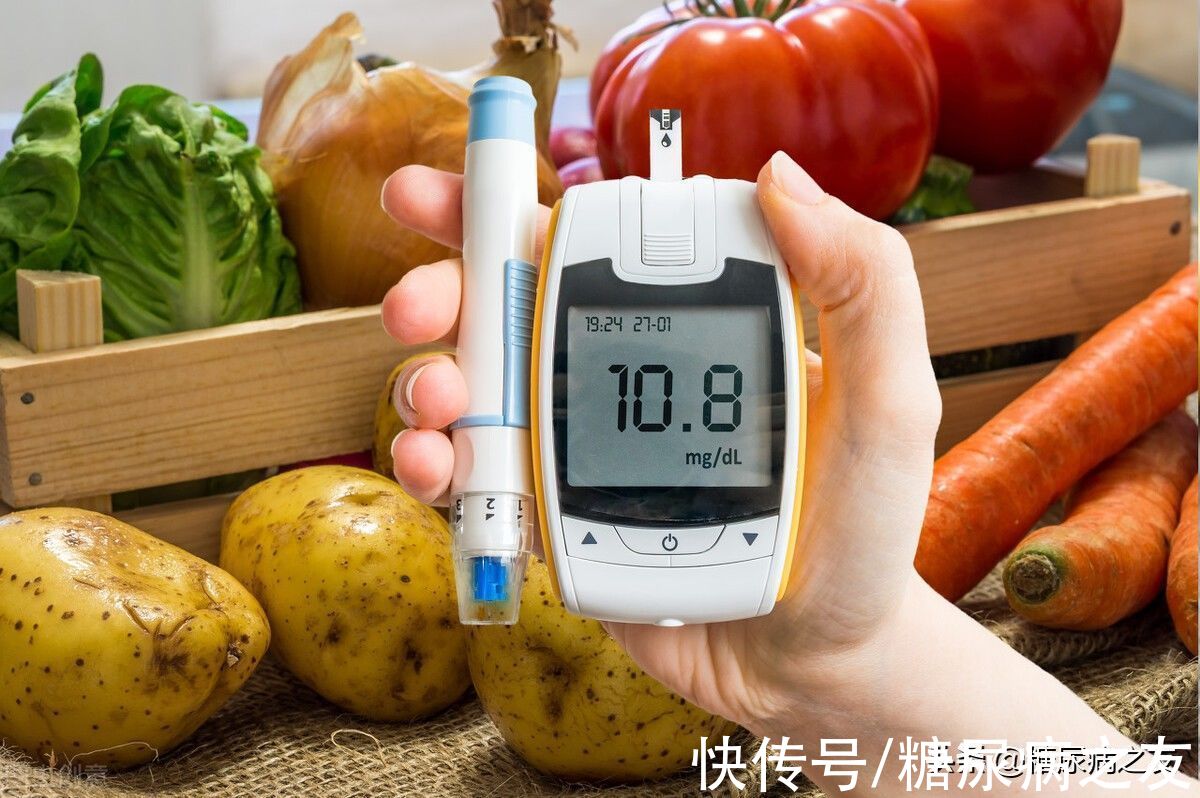內容目錄

Under the premise of not changing the existing diet structure and preferences, take the following 4 tips to change, you can reduce the postprandial blood sugar.
1. Change the number of meals
Eat small and frequent meals, 6-7 times a day, suitable for postprandial high blood sugar, especially those prone to hypoglycemia Type 2 diabetes patients.
In addition, it is also suitable for two types of diabetic patients: one is patients with diabetes and heart disease. These patients can eat small and frequent meals to avoid heavy meals and increase the heart load. Second, in patients with diabetes and gastroparesis, in order to alleviate the lack of gastrointestinal motility, it is better to eat small and frequent meals, and it is also necessary to eat slowly.
2. Change the meal speed
Suitable for overweight patients with type 2 diabetes. Such people tend to eat fast, eat a lot, and still not feel full after eating.
By increasing chewing, the speed of eating is slowed down, the secretion of saliva is increased, the chyme is fully formed, the surface area of food particles in the digestive tract is increased, and the amylase in saliva is used for chewing. During the process, part of the starch is hydrolyzed to make it easier to digest and absorb, which can increase satiety, help control weight, and generally help avoid rapid postprandial blood sugar rises.
3. Change the order of meals
The eating order of vegetables—meat (protein/fat)—staple food (carbohydrate) can reduce postprandial blood sugar, and Easy to implement.
4. Choose 1-2 low-calorie meals a week
Choose 1-2 low-calorie meals a week, and eat normally at other times. This is a dietary pattern that has become popular abroad in recent years. Strictly speaking, it is intermittent fasting. Studies have found that has a certain effect on the improvement of pancreatic islet function in patients with diabetes or prediabetes, especially for patients with overweight or obesity. The effect was more pronounced in patients with type 2 diabetes. However,for diabetic patients, fasting is not recommended due to the use of hypoglycemic drugs, because of the risk of hypoglycemia, and it is relatively safe and easy to adopt a milder low-calorie diet.